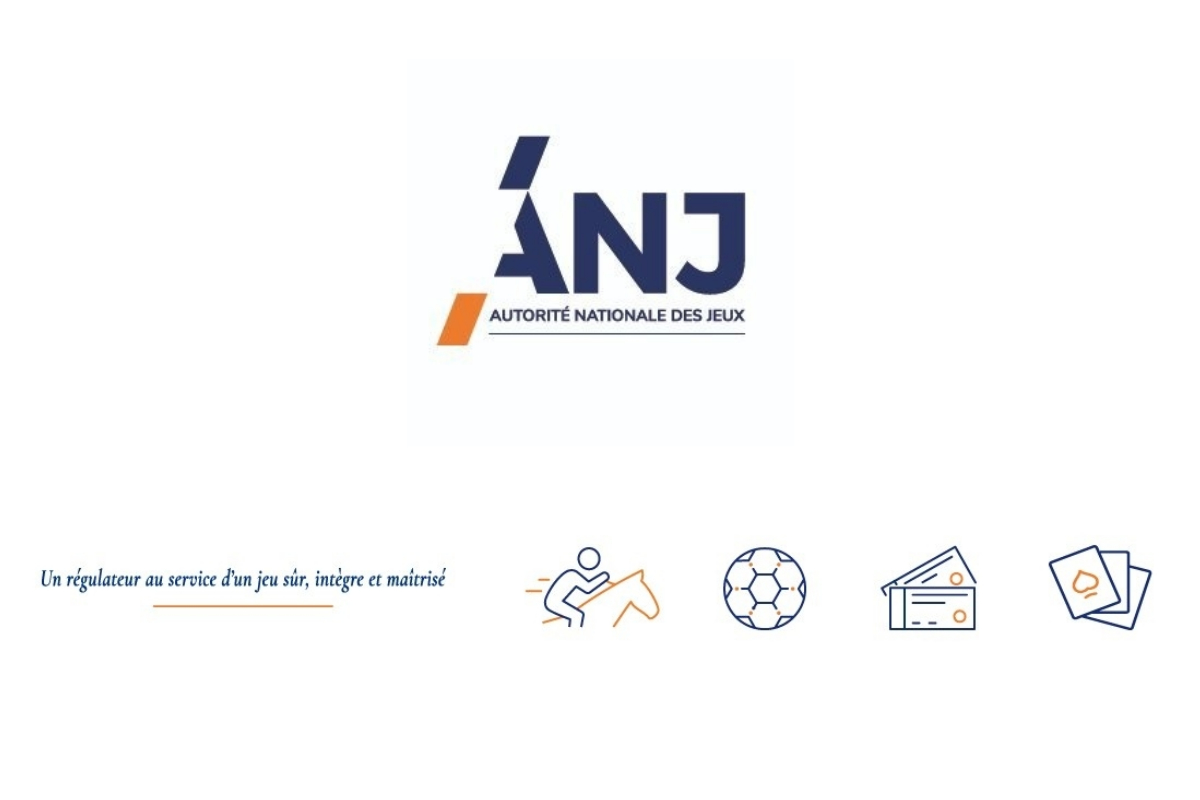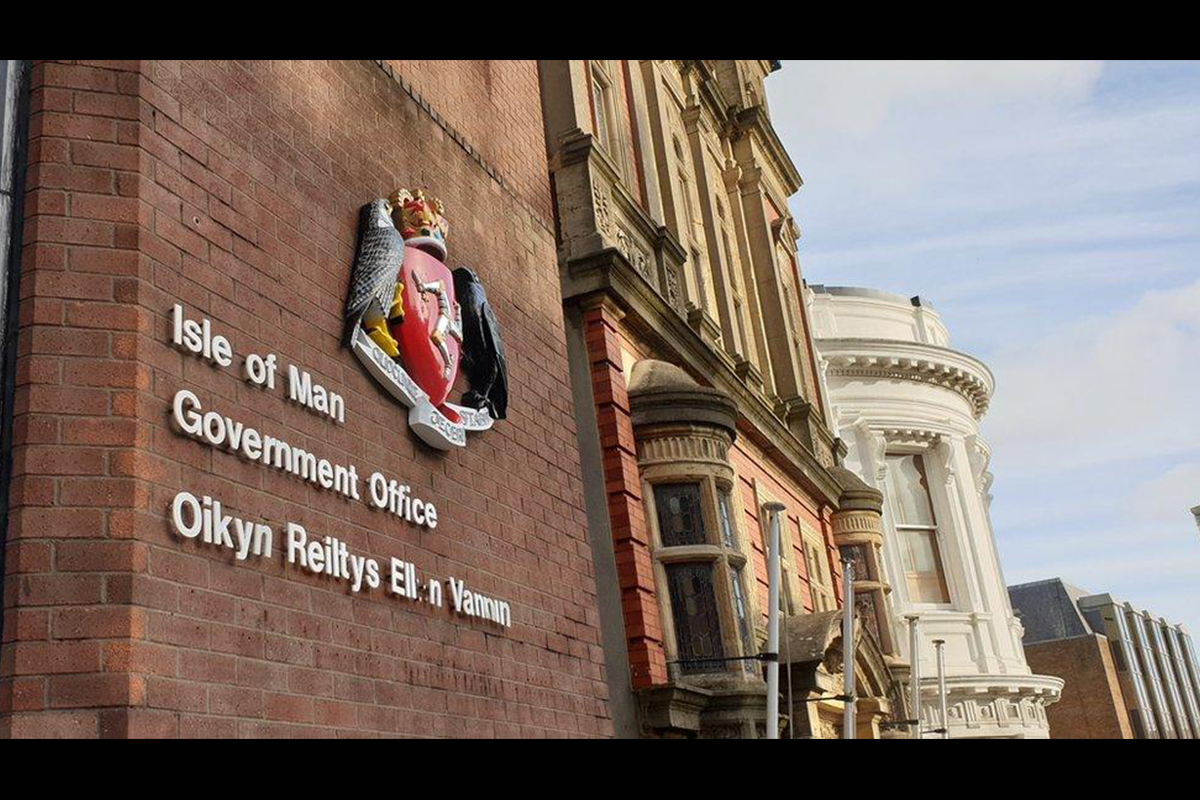Compliance Updates
ANJ, the new French gambling regulator is launched

On Monday 22 June, the members of the ANJ met for the first time around the President, Isabelle Falque-Pierrotin. This first meeting of the ANJ Boardmarks the launch of the new regulator, which is now competent in all segments of the gambling market.
An extended regulatory scope
In 2019, France has amended its legal framework of gambling and its regulation. A new gambling regulatory authority (ANJ) has been set. It follows ARJEL with a significantly extended regulatory scope and enhanced powers.
The ANJ is now responsible for all components of the legal gambling market, both online and offline:
- online games that ARJEL regulated, such as sports betting and horse racing betting and poker offered by the 14 licensed operators ;
- all the games of La Française des Jeux or the PMU sold in physical points of sale or online;
- 228 racecourses;
- 202 casinos, with the exception of anti-money laundering issues and the integrity of the games offered, which remain under the responsibility of the Ministry of Home Affairs.
|
While ARJEL regulated 11% of the French gambling legal market, the ANJ now regulates 78%, which represents a market of more than 50 billion euros in bets
|
The foundations for a consolidated regulation are therefore laid to have an overall gambling policy in France under the control of the ANJ. It will be able to implement a complete “toolbox” including preventive, prescriptive and control activities, as well as sanction measures throughout the entire gambling industry.
The ANJ missions are structured around four objectives:
- Prevent excessive or pathological gambling and protect minors;
- Ensure the integrity, reliability and transparency of gaming;
- Prevent fraudulent and criminal activities, as well as money laundering and financing of terrorism;
- Ensure the balanced, fair development of various types of games, in order to avoid any economic destabilisation of the sectors concerned.
Enhanced powers
The ANJ has enhanced powers to fulfil its missions, such as the ability to require the withdrawal of a commercial communication involving an inducement to excessive gambling or the ability to carry out on-site controls.Regarding operators under exclusive rights, it authorizes their games offer and it annually approves their games program, their promotional strategy as well as their action plans in the fight against fraud and money laundering on the one hand, prevention of gambling addiction and the protection of minors on the other hand. The ANJ will exercise greater control over these operators in these different fields.
The methods of regulation
The ANJ will set up a regulation that combines support and control.
- In the short term, the ANJ will use pedagogy to explain to economic actors the new rather complex legal framework. It has already planned to bring them together shortly to present their new obligations.
- It is currently finalising two reference frameworks, one on the prevention of gambling addiction and the protection of minors and the other on the fight against fraud, money laundering and the financing of terrorism. These new compliance tools will be submitted for consultation with the stakeholders concerned in order to develop standards that are as close as possible to the sectoral realities and to secure their practices.
- It will also ensure compliance with the obligations of the law, which implies a credible and appropriate control strategy, and even sanctions for the most serious breaches. In this respect, it will sign an agreement with the Race and Gaming Central Service of the Ministry of Home Affairs for on-site inspections in points of sale and casinos.
Protecting players: a priority for the ANJ
In France, one person out of two is a gambler. Problem gamblers are estimated around 1,2 million. So, preventing excessive or pathological gambling is a public health issue to which the ANJ attaches the utmost importance.
The ANJ will place the players at the heart of the regulation. For that to be real and effective, the ANJ will be as close as possible to the gambling experience and the uses of the players, by articulating its action around the three fronts: information, service and capitalization on the collective intelligence of the players.
The transfer of the management of the file of banned players from the Ministry of Home Affairs to the ANJ starting from September will be an opportunity to make players more responsible. Indeed, the ANJ will propose a new registration process and a real tool for self-protection and control of the game, faster and less guilt-ridden. Concretely, a motivational interview with the ANJ staff will be carried out with the players in order to direct them, if necessary, to health-care professionals.
For Isabelle FALQUE-PIERROTIN, Chairwoman of the ANJ: “The ANJ is not an enlarged ARJEL, it is a new project that requires rethinking regulation. It has to adapt its intervention to monopolies (FDJ and PMU) and to players gambling mostly anonymously in points of sale. I would like to set up a regulation that combines support and control in order to better serve and protect players”.
Powered by WPeMatico
Compliance Updates
Isle of Man Govt Publishes its National Risk Assessment (NRA) Covering Money Laundering Risk in Gambling Sector

The Isle of Man government has published its updated National Risk Assessment (NRA) for the gambling sector.
The assessment identifies key threats of Money Laundering (ML) to the island’s Gambling sector (both Terrestrial and Online) and the materiality and impact of those threats. Both terrestrial and online gambling have been given a risk rating, with an overall rating for gambling as a whole. These risk ratings and key findings of the NRA feed into the wider NRA work, ensuring the Island has a comprehensive view of the entire threat landscape.
The NRA aggregates, compares and weighs the findings across all sectors to determine which risks drive national exposure. This ensures the NRA is not hypothetical: it reflects actual sector-level dynamics so that the Island can understand the “bigger picture” with each sectoral assessment piecing together a border threat picture.
It is important that the island has a comprehensive understanding of risk at all levels, which does not reflect poor standards but instead outlines structural features of a sector. A robust NRA demonstrates that the jurisdiction understands its ML risks and applies targeted controls that are appropriate.
Risk Ratings are as follows:
• The gambling sector overall is assessed as medium-high risk for money laundering.
• The online gambling sector has a medium-high risk, reflecting a large number of international customers and transaction volumes.
• The terrestrial gambling has a medium-low risk, reflecting its smaller size, domestic profile and lower transaction volumes.
Key Takeaways
The Sectoral NRA highlights core threats in both the online and terrestrial sectors, including:
• Criminal ownership and control of gambling businesses or B2B services, via front companies and complex corporate structures.
• Exploitation by organised crime groups, including those from East and Southeast Asia, for money laundering, cyber-enabled crime and other illicit activities globally.
• Criminals use false or stolen IDs, synthetic identities, and mule identities to access gambling services and obscure their true identity to bypass due diligence controls.
• For terrestrial gambling, cash-intensive operations and casino-specific instruments remain primary channels for laundering domestic predicate offences.
It also highlights potential emerging threats such as:
• Use of advanced technologies (AI, deepfakes, virtual assets) to obscure identities, automate fraud, and facilitate cross-border transfers.
• Use of “turnkey solutions” (pre-packaged business setups) allowing rapid establishment of operations and access to banking services with minimal experience.
Importantly, the NRA makes it clear that these risks arise in specific circumstances with the sector operating legitimate international structures, strong governance and applying high standards of AML/CFT compliance. Those features that make activity higher risk for misuse should be considered within that context.
The post Isle of Man Govt Publishes its National Risk Assessment (NRA) Covering Money Laundering Risk in Gambling Sector appeared first on Eastern European Gaming | Global iGaming & Tech Intelligence Hub.
Compliance Updates
Wiebe Ruttenberg Appointed as Member of the Board of Directors of the Dutch Gaming Authority

Wiebe Ruttenberg has joined the Board of Directors of the Netherlands Gambling Authority (KSA) on March 1. As a member of the Board of Directors, he will be responsible for Digital Transformation.
Wiebe Ruttenberg has experience as a board advisor at Bunq and SecAlliance and as a guest lecturer in Operational & Cyber Resilience at the European University Institute. He previously served as Programme Director for Cyber Resilience Strategy at the European Central Bank and held various positions at De Nederlandsche Bank (DNB) and the Ministry of Finance.
Michel Groothuizen, Chairman of the Board of Directors of the Netherlands Gambling Authority, said: “I’m pleased with Wiebe’s arrival as a member of the Executive Board, responsible for Digital Transformation. The rise of illegal gambling sites, cryptocurrencies, and AI applications are just a few examples that require the KSA to continue evolving into a data-driven and risk-driven organization, with an innovative toolkit that allows it to tackle illegal providers in new ways. A key challenge in this regard is establishing collaborative relationships with public and private parties, including those within the financial sector. I’m pleased that Wiebe, with his extensive knowledge of and experience with the financial sector, technological innovation, and European decision-making, brings the external perspective the KSA needs in this area.”
The post Wiebe Ruttenberg Appointed as Member of the Board of Directors of the Dutch Gaming Authority appeared first on Eastern European Gaming | Global iGaming & Tech Intelligence Hub.
Compliance Updates
Sweden: Expanded Credit Ban & New Supervisory Actions

The Swedish Parliament (Riksdagen) has adopted an expanded credit ban under the Gambling Act (2018:1138). The amendments enter into force on 1 May 2026, with no transitional period.
Key consequences include:
• A de facto credit card ban for gambling as license holders and agents are prohibited from permitting or facilitating gambling financed through any form of credit.
• The prohibition also covers alternative credit arrangements (e.g., personal loans or similar financing solutions) where the use of credit becomes known to the operator, e.g. through KYC or duty of care interventions. License holders are required to have procedures in place regarding the actions to be taken in cases where they become aware that a customer is using credit to finance their gambling
• Operators must actively inform customers of the credit restrictions, for example in connection with deposits.
Swedish Consumer Agency Report – Review of Withdrawal Practices
On 24 February 2026, the Swedish Consumer Agency published a report assessing gambling operators’ withdrawal restrictions and terms.
The review identifies three key areas of concern for the current online gambling market:
Vague and discretionary wording
Terms including expressions such as “at our own discretion” or references to a “non-exhaustive list” limit predictability for consumers. Such formulations may create a significant imbalance between the parties and risk being deemed unfair.
Excessive verification requirements
Some license holders require extensive documentation at the withdrawal stage, including notarised copies of passports. Complaints show that these requirements are often applied only at payout, resulting in delayed withdrawals or frozen accounts. The authority emphasises that verification measures must be risk-based, proportionate, and not impose unnecessary barriers.
Insufficient transparency regarding withdrawal terms
In certain cases, minimum withdrawal thresholds, wagering requirements, or administrative fees are applied without being clearly disclosed in the terms and conditions. Referring consumers to external sources for key withdrawal rules reduces transparency and may render such terms unfair.
While the report does not have binding legal effect as such, it provides a clear guidance on the the Swedish Consumer Agency’s expectations and the likely direction of future supervisory assessments.
Supervisory Developments
In the early months of 2026, the SGA has initiated a number of supervisory cases.
Supervisory matters are currently initiated and/or pending in the following areas:
• 9 cases concerning B2C license holders’ compliance routines for verifying their cooperation partners, including ensuring that B2B partners hold the required permits, and the internal procedures governing such controls.
• 3 ongoing AML cases.
• 1 ongoing RG case.
• 2 supervisory cases directed at B2B permit holders regarding the provision of gambling software to entities other than licensed B2C operators.
• Additional cases relating to physical lotteries, compliance with information obligations in bingo halls and vessels in international traffic.
The post Sweden: Expanded Credit Ban & New Supervisory Actions appeared first on Eastern European Gaming | Global iGaming & Tech Intelligence Hub.
-

 Comatel6 days ago
Comatel6 days agoCOMATEL CELEBRARÁ UNA FIESTA PARA CIENTOS DE OPERADORES TRAS FINALIZAR EL PRIMER DÍA DE LA FERIA ESPAÑOLA, INTERAZAR
-

 Brasil7 days ago
Brasil7 days agoBrasil evita choque fiscal y apuestas entran en fase reputacional en LATAM
-

 Fotini Matthaiou6 days ago
Fotini Matthaiou6 days agoOctavian Gaming Titles Go Live with Novibet in Mexico
-

 Compliance Updates6 days ago
Compliance Updates6 days agoSpillemyndigheden: New Guidance on Responsible Gambling
-

 Amusnet6 days ago
Amusnet6 days agoAmusnet Introduces its “Jackpot Cards Plus” Island at Casino Adjara
-

 Fast Track6 days ago
Fast Track6 days agoFast Track Spark Lands in São Paulo for Advanced Retention Workshop
-

 Betting and Gaming Council6 days ago
Betting and Gaming Council6 days agoBGC: Government Tax Hike Boost for Black Market
-

 Conferences7 days ago
Conferences7 days agoBetConstruct AI to Redefine the Brazilian iGaming Landscape at SBC Summit Rio 2026



















